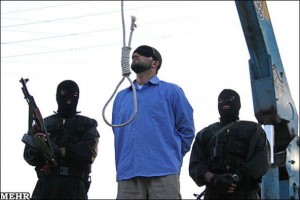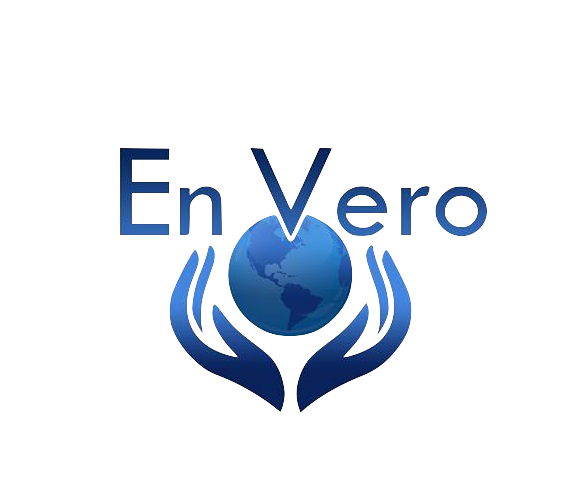
Source: CART Edition
By S.A. Aram, Lindsey Soso
August 9, 2015
A Report on Executions in Iran
According to international human rights organizations, Iran has one of the top five execution rates following China, with at least 289 officially announced executions in 2014, and at least 454 which were not acknowledged by the authorities.
Despite improvements in Iran’s international relations since the election of Hassan Rouhani in 2013, more than 870 people have reportedly been executed during his presidential period. This means that the use of the death penalty is higher now than it was in the past two decades. After the massive executions in the 1980s by Iran authorities, which resulted in the deaths of thousands of people, this is the highest rate of execution since Iran’s Islamic revolution. Despite this outcome, one of the Rouhani’s slogans for his presidential campaign before election was the improvement of human rights in Iran and the necessity for freedom of political and conscience prisoners[1].
On July 23rd 2015, Amnesty International’s report indicated that the authorities of the Islamic Republic of Iran are believed to have executed an astonishing 694 people between the 1st of January and 15th of July of 2015[2]. This is equivalent to more than 3 executions per day. This high rate of the use of the death penalty is especially concerning because of the unfair trials in Islamic Republic of Iran.
Even though Iran is the party to the International Covenant on Civil and Political Rights, which provides that the countries that have not abolished the death penalty may merely impose it for the most serious crimes (i.e. such as intentional killing) and the verdict must be handed down only after a fair trial, the statistics show that this model is not being followed in Iran.
The highest amounts of executions in Iran are based on murder or due to drug-related charges. However, among those who have been executed are political prisoners, prisoners of conscience and also members of ethnic and religious minorities sentenced to “corruption on earth”. Unfortunately, at least 9 of those executed in past two years were juveniles (under the age of 18) at the time of detention.
[1] http://www.bbc.com/news/world-middle-east-22886729
[2] https://www.amnesty.org/en/latest/news/2015/07/irans-staggering-execution-spree/




